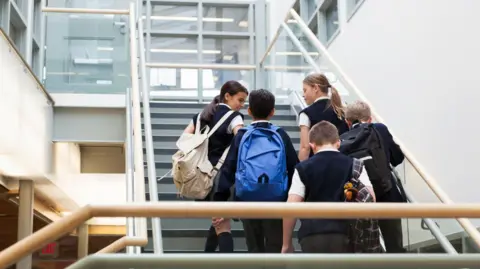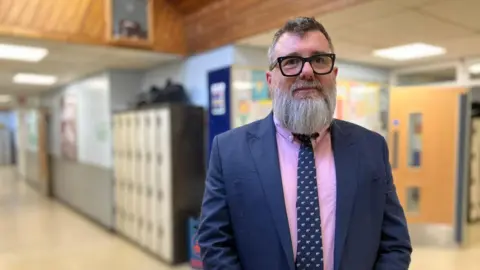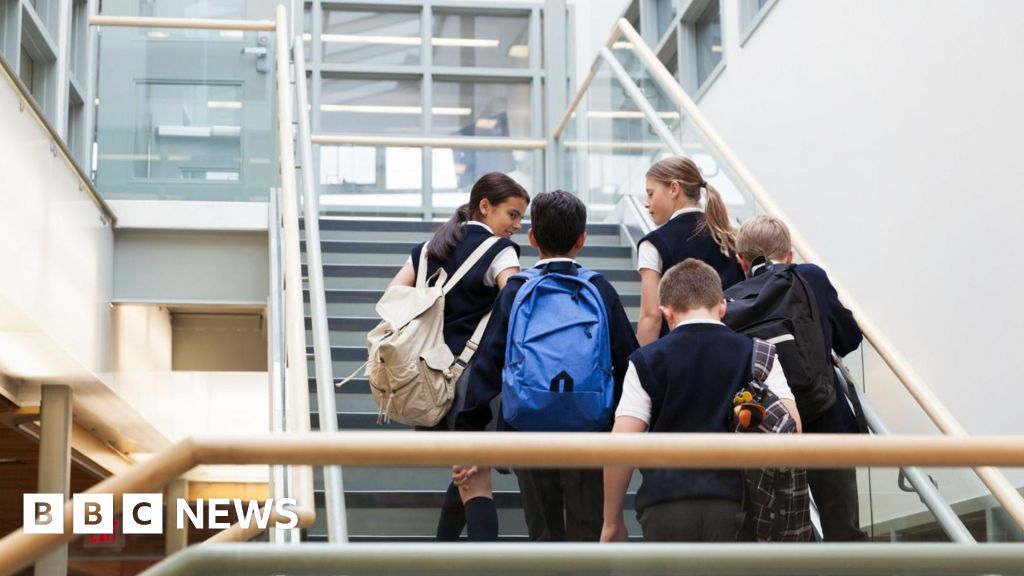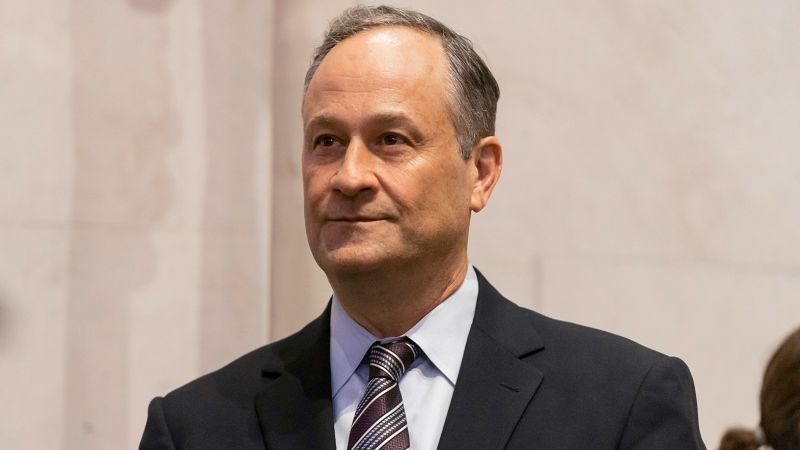 Getty Images
Getty ImagesThe government has announced £740m of funding to increase the number of places for pupils with special educational needs and disabilities (Send) in mainstream schools in England.
The money, part of the £6.7bn of education spending announced in the Budget, will be targeted towards adapting school buildings to make them more accessible.
In October, the National Audit Office (NAO) said parents had lost faith in a Send system “in urgent need of reform”.
Education Secretary Bridget Phillipson told BBC News she “hears the frustration” of parents but significant changes would take time.
BBC News analysis suggests the number of Send pupils in mainstream education in England has increased by a third since the 2015-16 academic year.
At Brighouse High School, in West Yorkshire, head teacher Richard Horsfield worries about not having enough funding to support pupils with Send – in terms of both educational support and capital spending on the school building.
The school supports them well – but more money is needed.
 Munaza Rafiq / BBC
Munaza Rafiq / BBCOver the summer holidays, the school spent about £10,000 on building adaptations, such as handrails and accessible bathrooms, for incoming students, making a “big dent” in its budget.
But the school lift remains broken and would cost about £250,000 to fix, which there is “absolutely no way” the school can afford.
And this means one wheelchair-using pupil has to go outside and through car parks to reach some classrooms.
“On wet December mornings, it’s just not good enough,” Mr Horsfield says.
But he still believes most children with Send should be in mainstream schools and sees them “flourishing” when they have the right support.
“We should be supported to do that at a level that we want to do that at,” Mr Horsfield says.
“We are being constrained at the moment, due to the lack of funding and lack of resources.”
Over the past few years, the number of learning support assistants at the school has nearly halved and fewer pupils are able to access specialist counselling from outside services.
But the school still provides specialist workshops for those needing extra support, both for academic lessons and social, emotional and mental health.
 Munaza Rafiq / BBC
Munaza Rafiq / BBCPupil Charlie says he could not attend school at all without the Send support he receives.
“I can’t concentrate at all by myself,” he says.
“I would just daydream, do nothing, and I’d probably get told off a bunch.”
Fellow pupil Freya says access to a nurturing space helps her calm down.
“It helps me because sometimes I don’t really want to be around a lot of people,” she says.
“I’ve got loads of supportive teachers I can trust.”
Phillipson told BBC News the £740m was “to make sure we have the right specialist provision in place”.
The money would be used to adapt classrooms and create SEN units that delivered more intensive specialist support, the Department for Education said.
Increasing funding alone was not enough, Phillipson said, but large-scale reform would take time.
“Just putting more money in the system without reforming it isn’t the answer,” she said.
“What I’m also keen to make sure we do is reform the system overall.
“I know it’s frustrating but it’s so important we get it right.”
The government says children with Send should be able to go to school closer to home and wants more of them to remain in mainstream education.
“We’ve had schools that have done excellent work to put in place that provision but they didn’t have government backing to do it – and that’s what we have to change,” Phillipson added.
Additional reporting by Kate McGough and Munaza Rafiq
Note:- (Not all news on the site expresses the point of view of the site, but we transmit this news automatically and translate it through programmatic technology on the site and not from a human editor. The content is auto-generated from a syndicated feed.))




